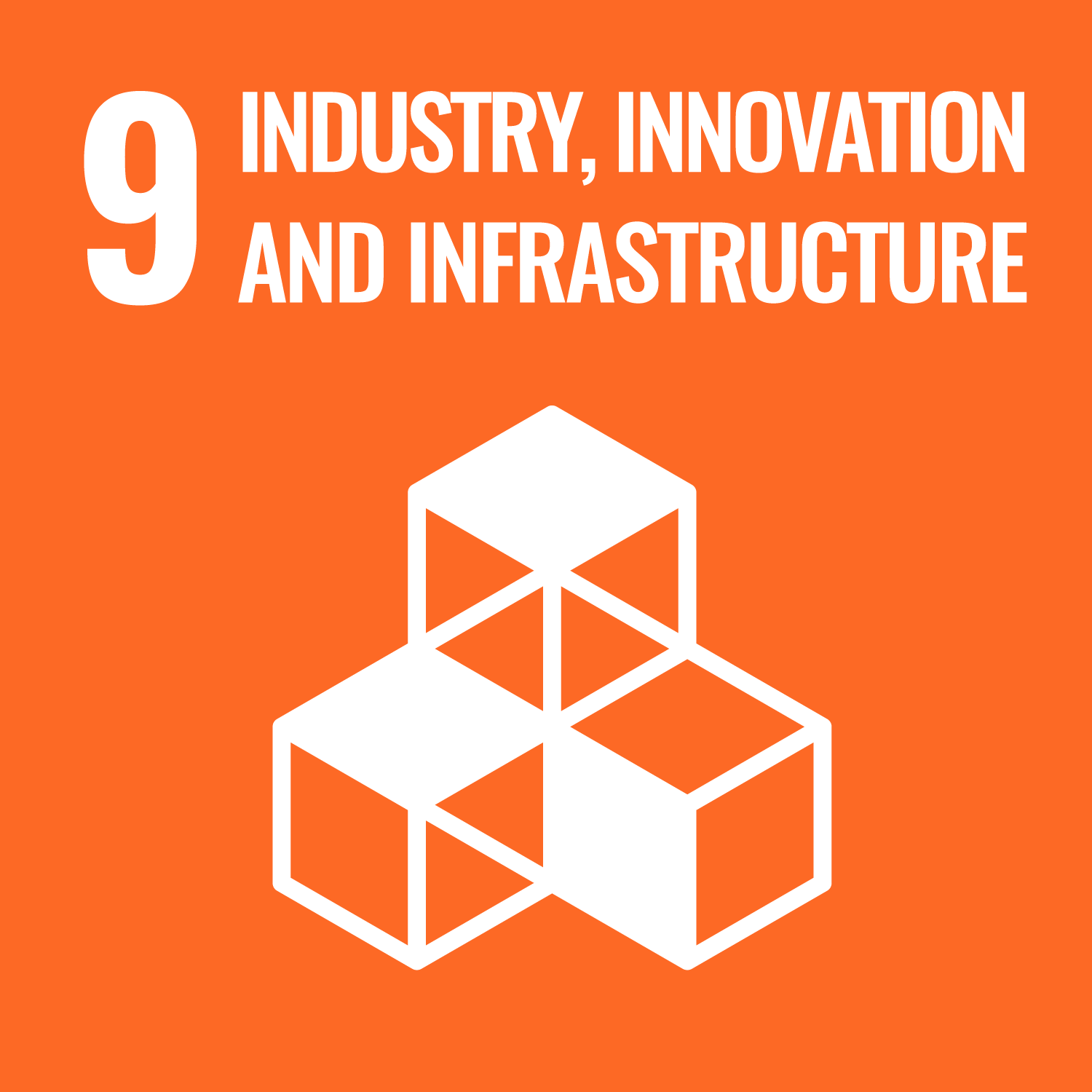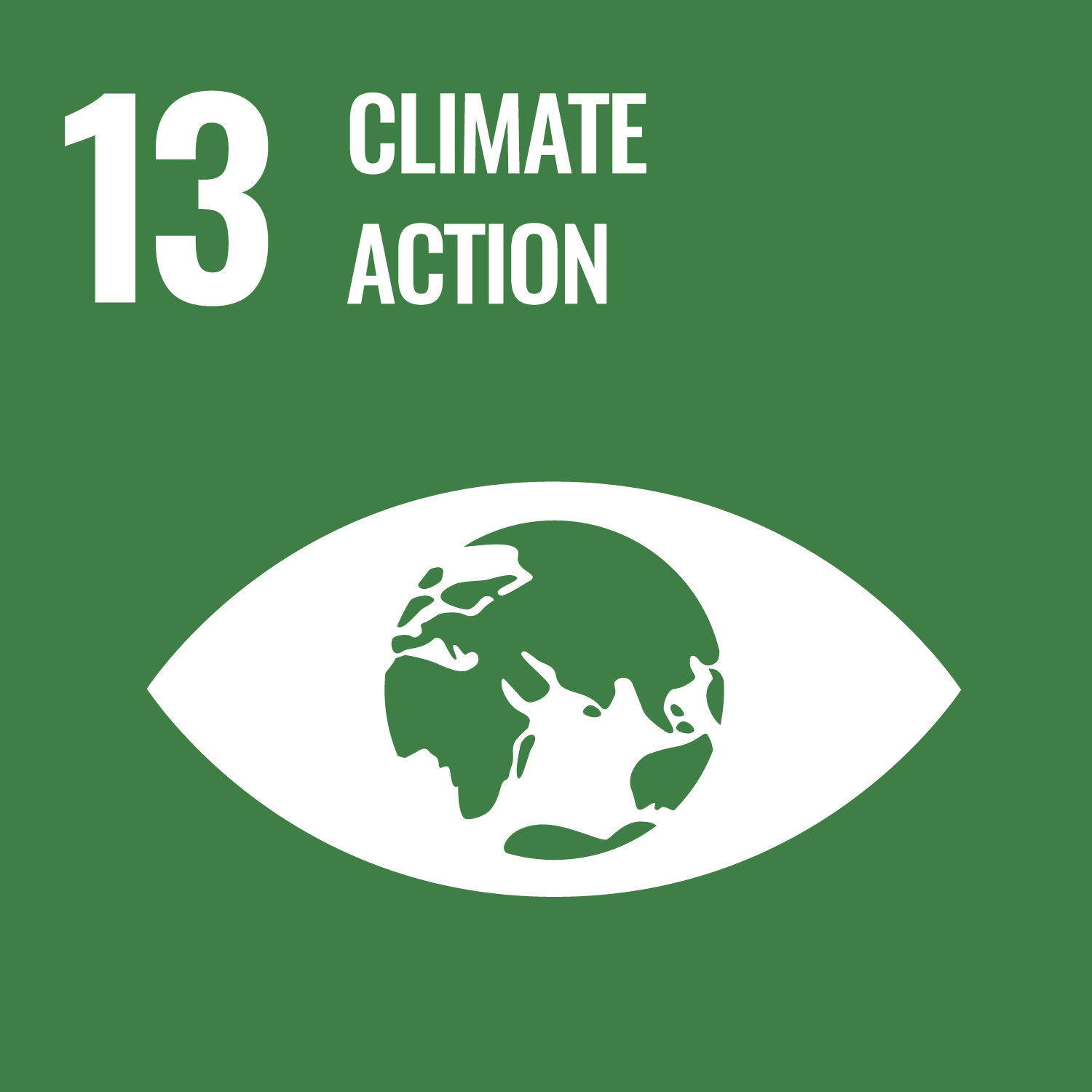EV Infrastructure Outcome-based financing instrument early-stage design
Aligned SDGs



- EV Infrastructure Outcome-based financing instrument early-stage design
- General overview
- Intervention
- Location
- Last data update
- Spreadsheet of data
- EV Infrastructure Outcome-based financing instrument early-stage design
- General overview
- Intervention
- Location
- Last data update
- Spreadsheet of data
General overview
Stage of development: Early stage
Policy sectors: Environment and climate change
Type of instrument: Impact Bond / Social Impact Guarantee
Delivery locations: Kenya
Country classification: Lower-middle-income
Intervention
Social or environmental challenge
"The mass adoption of 2-wheeler EVs is being restricted by the reach and scale of a suitable charging infrastructure. The relatively small 'start-up' EV companies currently in the market are looking to grow the sector independently, all pushing their own technology and charging solutions, with little interoperability across bikes or operators. This intrinsically limits the mass adoption of the technology.
Without a national charging infrastructure, rapid mass adoption will be challenging. The scale of finance required to deliver the right charging infrastructure, efficiently, and at the necessary scale, requires a single focus on the infrastructure component. This will not be achieved if left to start-ups, whose access to capital is limited.
The appetite for funding such a charging network exists, but it requires a coordinated strategy of deployment based on a bankable delivery mechanism. An appropriately designed outcome-based financing solution will provide the confidence to finance and deliver said strategy."
Description of the intervention
Longevity Development are looking to design and launch an OBF initially in Kenya that will then act as a catalyst to unlock billions of dollars of commercial infrastructure finance for the development of the urgently required charging infrastructure for the 2-wheeler motorbike sector, across the continent.
Unlike the 4-wheeler sector, the 2-wheeler market is well placed for rapid migration from combustion powered bikes to e-motorbikes. The prevalent buying behaviour (new purchases rather than second-hand, and vehicle lifespan of 2-5 years), means there is the potential to migrate the existing 12 million+ motorbikes, (forecast to double by 2030), to electric very quickly.
This will dramatically cut carbon emissions, significantly improving air quality, and the incomes and livelihoods of the millions of bike taxi riders who make up the vast majority of users on the continent.
Location
Country:
- Kenya
Locality:
- Kenya
Last data update
Data for this pipeline project was last updated in August 2023
You might have noticed that some pipeline projects have more data than others. This is because organisations can share as much data as they want with the INDIGO initiative. If you have more data on one of these pipeline projects and would like to share with us, please get in touch at indigo@bsg.ox.ac.uk. Our full list of variables and data definitions can be found here.
Spreadsheet of data
Important Notice and Disclaimer on INDIGO Data
INDIGO data are shared for research and policy analysis purposes. INDIGO data can be used to support a range of insights, for example, to understand the social outcomes that projects aim to improve, the network of organisations across projects, trends, scales, timelines and summary information. The collaborative system by which we collect, process, and share data is designed to advance data-sharing norms, harmonise data definitions and improve data use. These data are NOT shared for auditing, investment, or legal purposes. Please independently verify any data that you might use in decision making. We provide no guarantees or assurances as to the quality of these data. Data may be inaccurate, incomplete, inconsistent, and/or not current for various reasons: INDIGO is a collaborative and iterative initiative that mostly relies on projects all over the world volunteering to share their data. We have a system for processing information and try to attribute data to named sources, but we do not audit, cross-check, or verify all information provided to us. It takes time and resources to share data, which may not have been included in a project’s budget. Many of the projects are ongoing and timely updates may not be available. Different people may have different interpretations of data items and definitions. Even when data are high quality, interpretation or generalisation to different contexts may not be possible and/or requires additional information and/or expertise. Help us improve our data quality: email us at indigo@bsg.ox.ac.uk if you have data on new projects, changes or performance updates on current projects, clarifications or corrections on our data, and/or confidentiality or sensitivity notices. Please also give input via the INDIGO Data Definitions Improvement Tool and INDIGO Feedback Questionnaire.